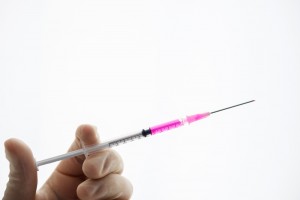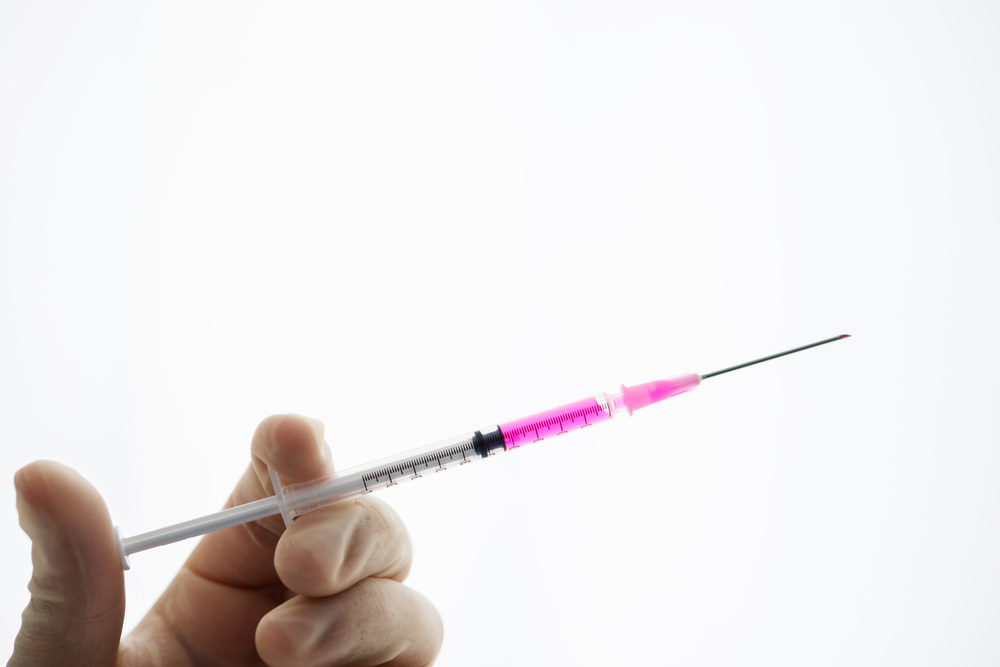 There is a 30% chance of cancer recurrence in patients diagnosed with high-risk prostate cancer. Even after a patient has undergone radiation therapy and considered cancer free, the malignancy still has the potential to come back.
There is a 30% chance of cancer recurrence in patients diagnosed with high-risk prostate cancer. Even after a patient has undergone radiation therapy and considered cancer free, the malignancy still has the potential to come back.
“A recurrence is what no prostate cancer survivor wants to hear. Because when you have a recurrence of disease it’s like being diagnosed the first time. In fact, it’s worse because you’re not sure what your options are,” Thomas Farrington, a prostate cancer survivor who saw its cancer appear after nine years of initial diagnosis, said in a CBS Boston interview.
With this unmet medical need in mind, Advantagene, a biotech company based in Newton, Massachusetts has developed a prostate cancer vaccine, ProstAtak, which is now being evaluated in a Phase III clinical trial.
This vaccine has showed promising results in an early Phase II study, where the rate of recurrence was reduced from 30% down to 10%.
Dr. Estuardo Aguilar, the CEO of Advantagene explained, “It’s like putting the tools into the tumor so that the body itself can create a vaccine against that specific tumor.”
“We’re actually giving a gene,” Dr. Mitchell Sokoloff, the Chair of Urology at the University of Massachusetts Medical School, one of the sites where the trial is being held, added. “We’re putting it into the prostate. It produces a protein or molecule and then we give a drug which targets that molecule. You’re treating that patient’s cancer with a self-destruct button.”
The mechanism behind ProstAtak is called gene transfer technology, used in combination with radiation therapy. The concept is to activate the patient’s own immune system in a way it can recognize and destroy the recurrent cancer cells. Although it is not the only cancer vaccine, it is the only vaccine product in development for preventing recurrence in newly diagnosed, localized prostate cancers.
Furthermore, due to the encouraging early results of ProstAtak, the U.S. Food and Drug Administration (FDA) has given it a “Fast-Track” designation for an accelerated Phase III clinical trial. Patients enrolling this study will be given three courses of the experimental vaccine, or placebo, followed by 14 days of valacyclovir pills.
Transrectal-guided ultrasound (TRUS), the same method used to preform prostate biopsies, will be used as the delivery method, but with a much thinner needle and without any tissue extraction from the prostate. After a patient has completed radiation therapy, they will be monitored up to 2 years with physical exams and routine blood analysis, including blood PSA levels.
“I’m extremely excited about trials like this, because as a surgeon and as someone who treats prostate cancer and you do the best surgery and you have the best patient possible, there’s still this 25-30% chance of recurrence”, concluded Dr. Sokoloff.

